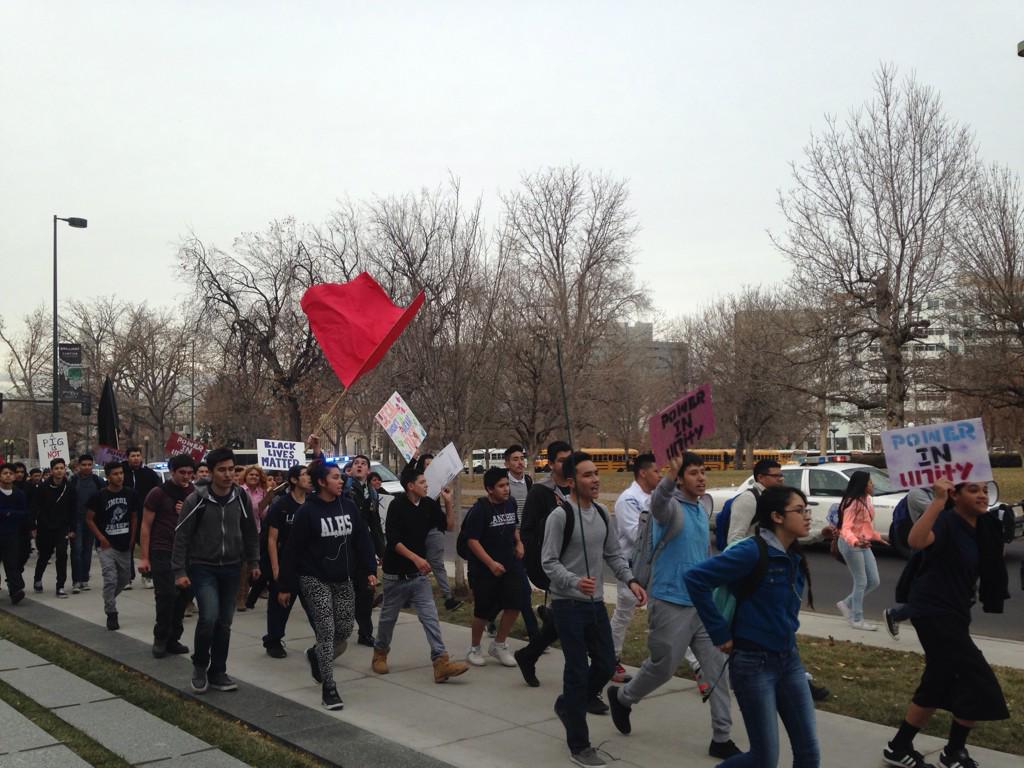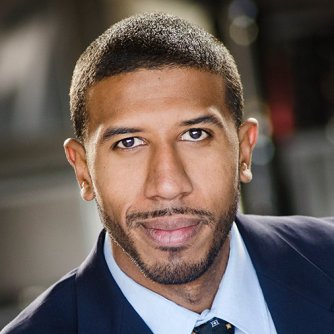
The series of highly-publicized police killings of black men and teens over the past couple of years has some people worried that police are inclined not to do their jobs. The theory, called the "Ferguson Effect," goes that it's not because of the shootings that police will look the other way when crime is happening, but because of the reaction their actions might receive on social media. Among the theory's believers: FBI Director James Comey, who told a group at the University of Chicago law school last year that because images of police in action can spread so quickly on the Internet, officers have tended to back off enforcement.
A team of researchers wanted to know if the effect is real. David Pyrooz, an assistant professor of sociology at the University of Colorado at Boulder, led the study that debunks the effect.
Study: Was there a Ferguson Effect on crime rates in large U.S. cities?








